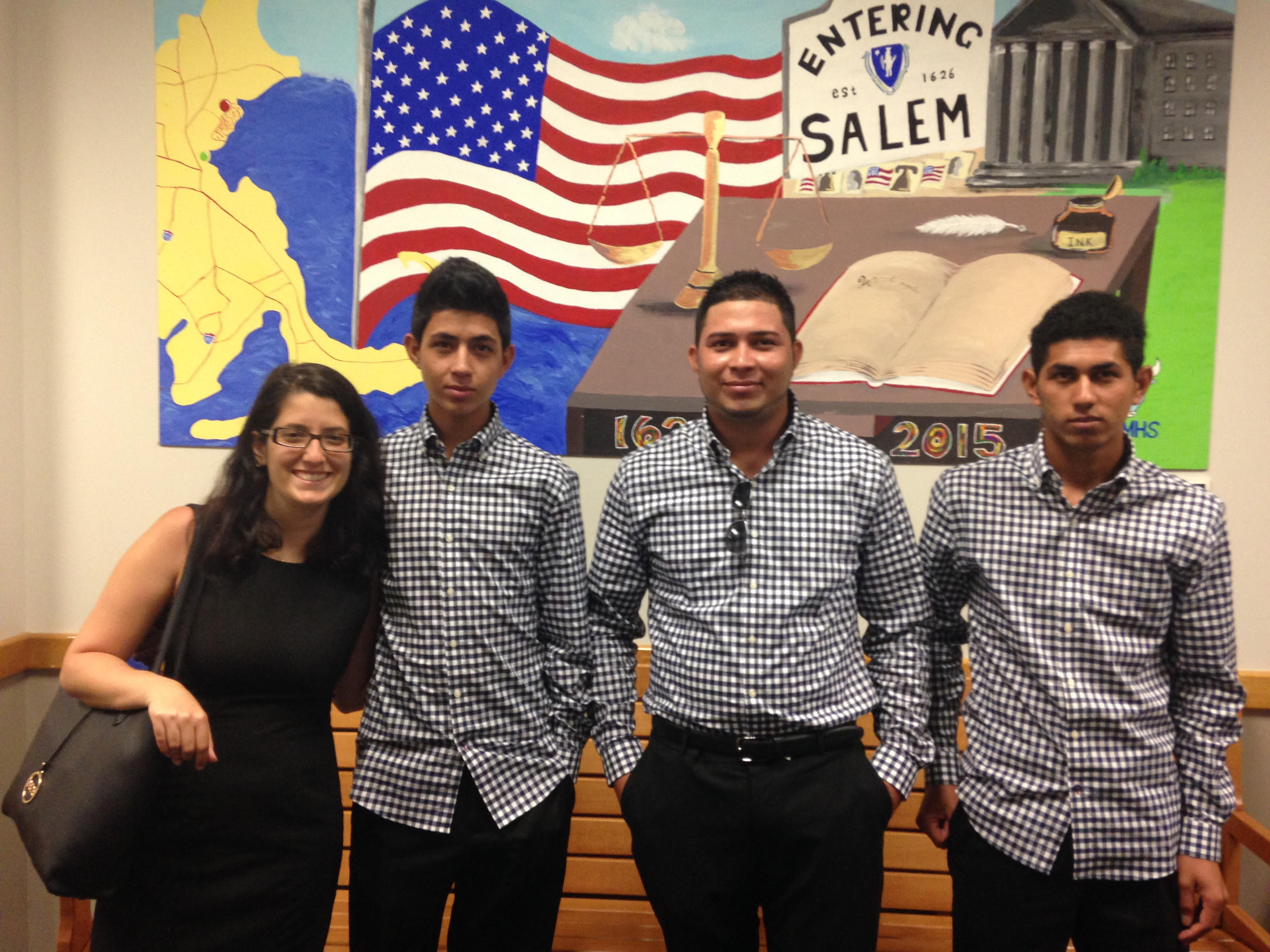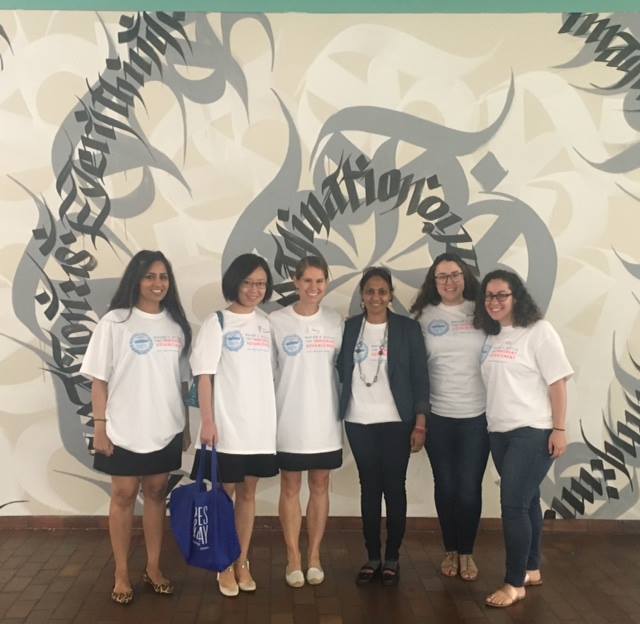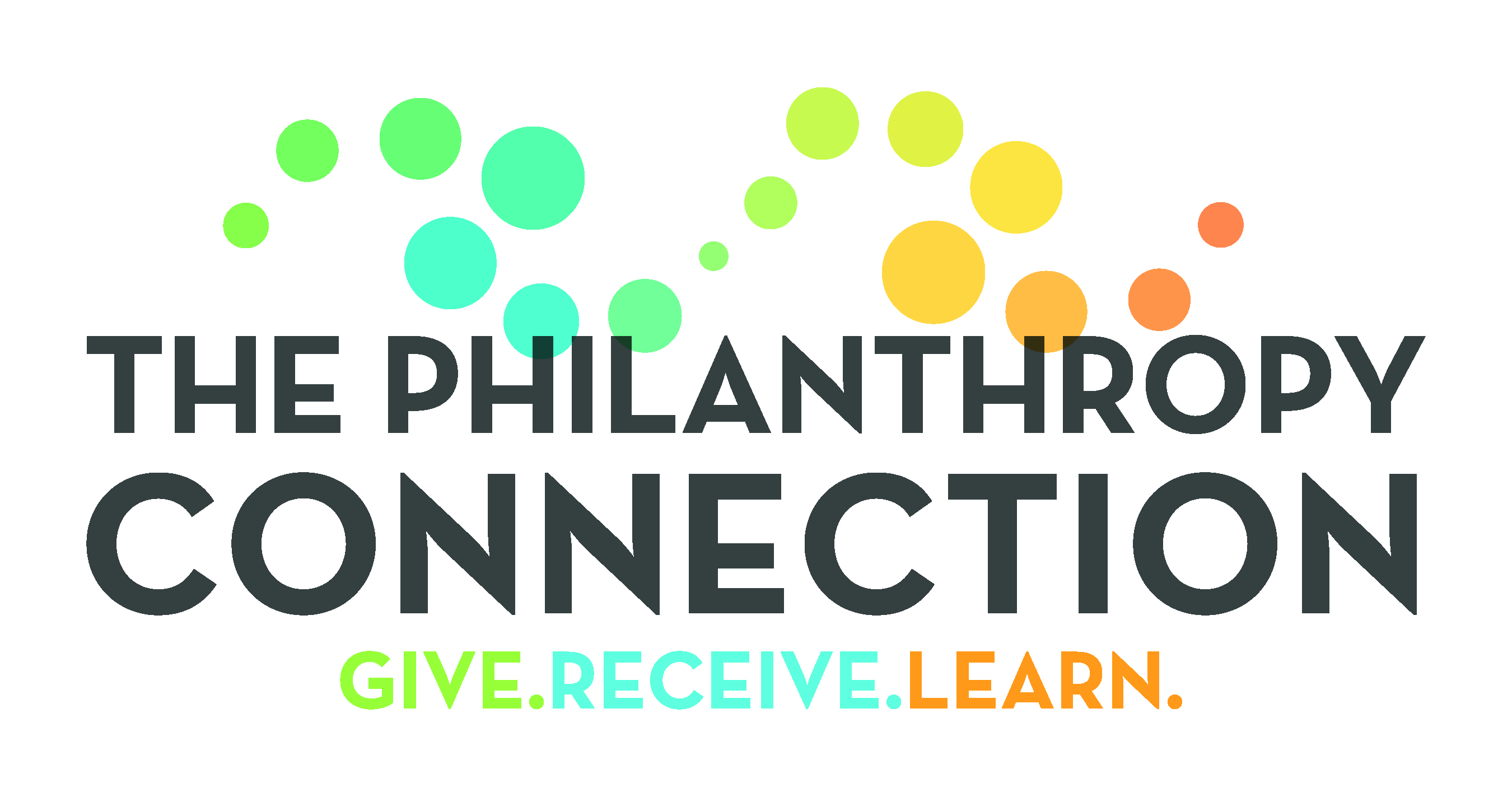The Interview with Anita Sharma and Tamara Omazić
Laura Dziorny and Susie Friedman interviewed Anita Sharma, the Executive Director of the Political Asylum/Immigration Representation Project (PAIR), and Tamara Omazić, the Development Specialist for PAIR. Formed in 1989, PAIR provides free legal services to asylum-seekers and promotes the rights of detained immigrants.
Tell us a little about yourself and how you came to the PAIR Project.

Anita: I was drawn to PAIR because of my background in international human rights work. I started my career working on women’s rights in India, and working on asylum cases is as close as you can get to human rights work when you stay in the US. I joined PAIR as a part-time detention attorney in 2002, back when there were no full-time positions at PAIR (including that of the Executive Director). I became the first full-time staff member six months later and served in that role (as an asylum staff attorney) for 13 years before taking on my current position when the former ED departed in 2015.
Tamara: I was really drawn to PAIR because of the work it does with asylum populations. I came to the US with my family as a refugee from the former Yugoslavia, so I know firsthand the importance of a support system for new arrivals. Refugees and asylum-seekers both face significant challenges in their countries of origin, but while refugees go through a long legal process before they arrive in this country, asylum-seekers arrive first and then seek legal status. And while there are some limited resources for refugee resettlement, there’s no support or hand-holding for asylum-seekers. I wanted to work with PAIR because it provides a path forward for this vulnerable population.
Anita: We really do take a holistic view of our clients’ needs. It’s not just about legal services. We also refer our clients for medical services, drive them to appointments to receive work cards, and more. Even when we’ve won a case, we continue to help our clients: we might help them get green cards and Social Security cards, reunite with their families, or secure transitional assistance benefits. Our attorneys (most of whom are pro bono volunteers) might not track this work or get credit from their firms for doing it, but we’re there for our clients.
There’s been a lot of news over the past year or so about shifts in federal immigration policy. How has your work changed to respond to the needs of the community?
Anita: The day after the 2016 presidential election, we were flooded with calls from undocumented individuals and former clients asking what would happen next. Our waitlist doubled, and we were dealing with so much uncertainty and panic – I remember hearing from one transgender client who had received asylum, wondering whether she would be deported. PAIR has really stepped up its community engagement in response. We’ve always worked closely with the legal community, but since the election we’ve also been at the forefront in other communities, explaining constitutional and immigration rights, how to prepare for an immigration raid, how to prepare your family if you’re detained, and working with other non-profits to develop a resource list.
We started the “Know Your Rights” program after the election to ensure that people were receiving accurate information, because the immigrant population is among the most vulnerable. Since it began, we’ve hosted around 450 Know Your Rights sessions and reached over 11,000 community members. It’s been great to share information with the community, and our increased visibility has also led to more clients – previously we had about 80 intakes per year, and now we have around 200. To meet this demand, we’ve supplemented our traditional pro bono programs with in-house legal services, hiring two new full-time staff attorneys to take on cases.

For us, there’s been a lot more work and a lot more stress. We’re constantly absorbing news and information and trying to figure out the impact on our clients and community. We know we can’t do everything and can’t help everyone, but at least we can provide accurate information.
Tamara: I think people are paying more attention and seeking out organizations like ours. When there are big developments, like a major immigration raid, we see an influx of attention and support. It’s nice to know that we’re not alone, that there are community members who see the work we’re doing and are responding to it.
Anita: For example, at the TPC Dialogue in October, we were connected with someone who’s been providing monthly self-care sessions to our staff. She’ll listen to what we’re struggling with and offer tips on how to shift our ways of thinking. She’s encouraged us to celebrate our wins more – we brought a bell into the office, and we ring it now when something good happens, make it a big event. She also gave us tips on communicating with our clients more effectively by connecting to positive memories of their homeland and families. We’re looking for any ways we can to bear the burden of supporting and comforting the immigrant community.
Tell us about how TPC’s grant is being used. What is the impact of TPC funding?
Anita: TPC funding is being used to support Tamara’s salary. She’s our first full-time staff member focused on development, and having her on board has been vital to the organization. Our needs and staff are both growing significantly – last year when we applied for TPC funding we had a staff of 7, and now we’re a staff of 11. Along with Tamara, we’ve brought on a Community Engagement Manager to coordinate the Know Your Rights sessions and two staff attorneys. Having Tamara working all the time to bring in resources to support this work is huge. Our goal with TPC funding was to advance from panic mode to a more strategic approach, and we’ve been able to make that shift, even as we expand.
What do you hope to see PAIR accomplish over the next few years?
Anita: I want us to continue serving those who come to us – as many as we can. Our focus has always been client-oriented, and I want PAIR to be there for asylum-seekers and detainees no matter what challenges they face.
Tamara: Working in development, my main goal is to bring in more money! I think we have a lot of room for growth in how we organize ourselves for fundraising. We could be more purposeful about how we reach out to donors in order to bring in more sustainable funding. Also, it would be great to think about how to bring in people who can fill specific roles beyond legal services. Over the past two years, we’ve diversified the type of staff we have, such as with our Community Engagement Manager, but even now we have attorneys doing social service referrals. We want to have specific people working on specific roles so that we can make sure all our clients are being served holistically.
What sustains you through the difficult work of representing asylum-seekers and detained immigrants?

Anita: Our clients. They’re such an inspiration on a daily basis, with their resilience and their ability to transcend the horrors they’ve suffered. If it were me, I’d have given up, but somehow they continue to trust in others, have hope, start over again, and experience joy and happiness. Seeing them become empowered as you work through a case is so inspiring.
Tamara: For me, it’s all about supporting my co-workers in the amazing work they’re doing. Seeing what they accomplish on a daily basis really keeps me going. A few weeks ago, for instance, when one of our clients was released from detention, his attorney helped book him a hotel and buy a bus ticket so he could get back to a place where he’d have a support network. Our employees go above and beyond each day.
Anita: It also helps to know that there’s an expanded community that cares about immigrant rights and justice. It used to feel like there was only a handful of us who cared about immigrants, but it doesn’t feel as lonely as it used to. Now when there’s a call for a rally, you’ll see hundreds of people show up. Even two years ago, you wouldn’t have seen such a big group. It’s really amazing to see not just legal service attorneys, but everyone coming out and standing up for immigrant rights.
We also appreciate the care we’ve felt from TPC members. We received some donations of MBTA passes and gift cards at the Philanthropy Dialogue, and it was so nice to be able to share these with our clients around the holidays. For me personally, it was also wonderful to have a place where I could go for mentorship and support as I transitioned into the Executive Director role. Your members have really helped us feel cared for. We’re so grateful for everything TPC has done.
